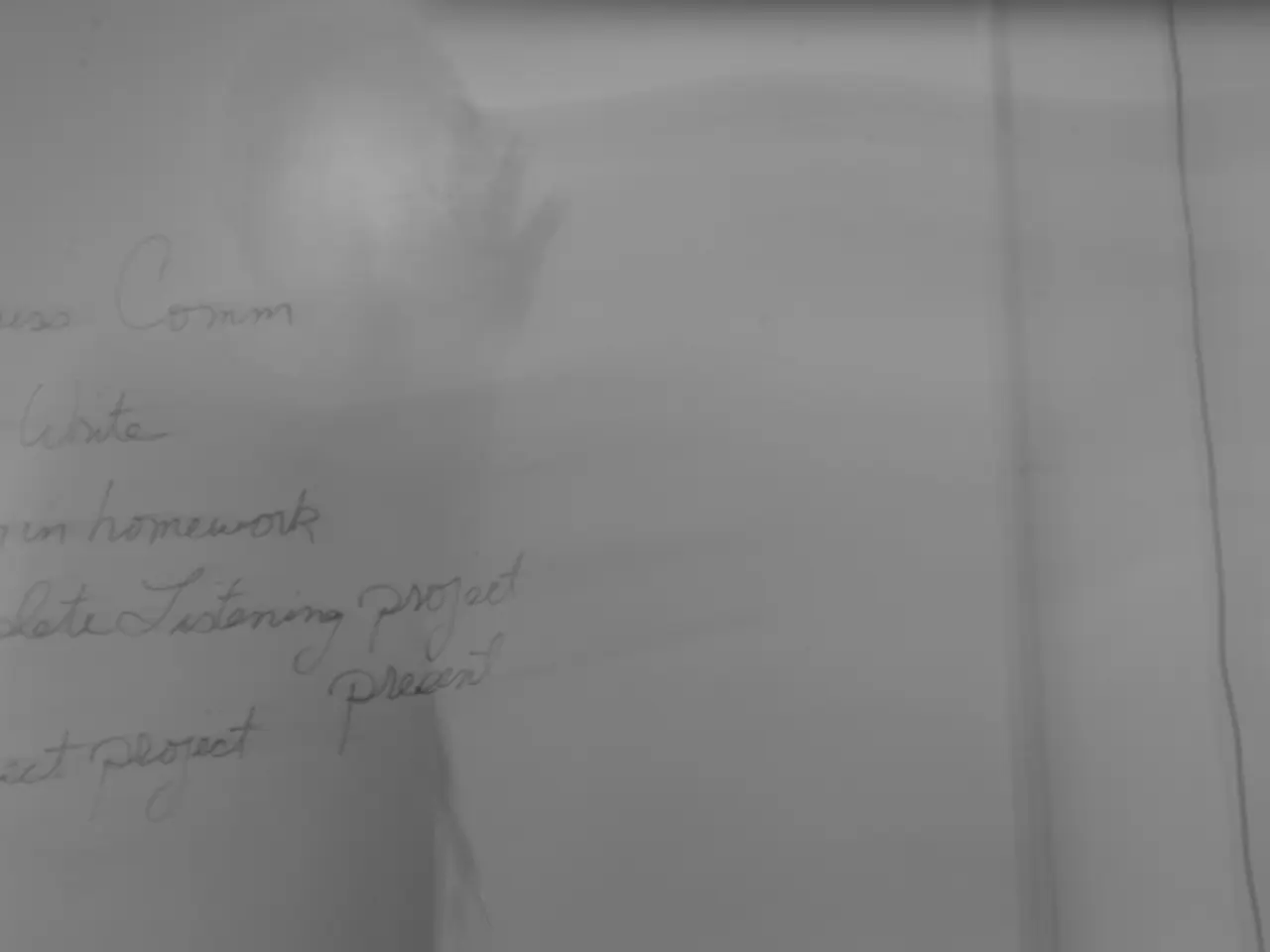Transforming Family Businesses in Regions: Balancing Old-World Charm and Contemporary Innovations
In the ever-evolving landscape of accounting, family-owned businesses in Germany are navigating the path towards digital transformation. This shift offers numerous benefits, including increased efficiency, accuracy, and faster access to financial data, which can enhance decision-making and reduce bureaucratic burdens.
However, the journey is not without its challenges. Family businesses must contend with regulatory complexity, integrating fragmented systems, managing costs, and avoiding disruptions to established workflows. Balancing technology adoption with preserving the businesses’ traditional values and culture is crucial.
A phased, culturally sensitive approach is recommended. Collaborating with advisory firms experienced in German family business culture and regulations can help tailor digital solutions that respect traditional accounting practices and internal controls. Hybrid systems that allow a gradual transition from paper-based to digital workflows ensure transparency and trust among family stakeholders.
Automation tools that enhance compliance and data accuracy, while retaining human oversight, are prioritized. Education and training are essential to build digital competencies without alienating employees steeped in traditional methods. External support such as outsourcing interim digital compliance tasks can ease the shift to new systems without forcing abrupt cultural change.
The next generation of family-owned businesses is often familiar with digital technologies, and introducing them to modern accounting programs can increase efficiency without losing traditional values. Digitalization can lead to cost savings by eliminating paper processes and reducing the time required for accounting.
Modern accounting solutions like DATEV and Lexware offer efficient management of finances for smaller companies. A regional food manufacturer, after introducing digital accounting software, was able to reduce its administrative workload and respond more quickly to market changes.
The automation of routine tasks through modern software solutions can minimize errors and free up valuable time for strategic tasks. Modern programs offer extensive evaluation options that allow financial trends to be identified early, enabling well-founded business decisions and future-oriented strategies.
The expanded use of data analysis in accounting can guide family-owned businesses through economic changes while minimizing risks. Sustainability is a growing trend in accounting, with digitalization eliminating the need for paper-based documentation, reducing resource consumption, and promoting environmentally friendly working methods.
The mandatory digitization of tax records and the ability to receive e-invoices from 2025 emphasize the need for digitalization. With approximately 180,000 family-owned businesses in Germany creating around 8 million jobs, this transformation is not just a choice, but a necessity for staying competitive in an increasingly digital environment.
- Family-owned businesses in Germany can leverage data-and-cloud-computing technologies to streamline their personal-finance management and business operations, thus improving decision-making and productivity.
- As family businesses integrate technology into their accounting processes, they must prioritize technology adoption that respects traditional values and culture, ensuring a smooth transition and maintaining trust among family stakeholders.
- To successfully navigate digital transformation, family-owned businesses may consider collaborating with advisory firms that understand Germab family business culture and regulations, and employing a phased approach that prioritizes automation tools that ensure compliance and data accuracy while retaining human oversight.




